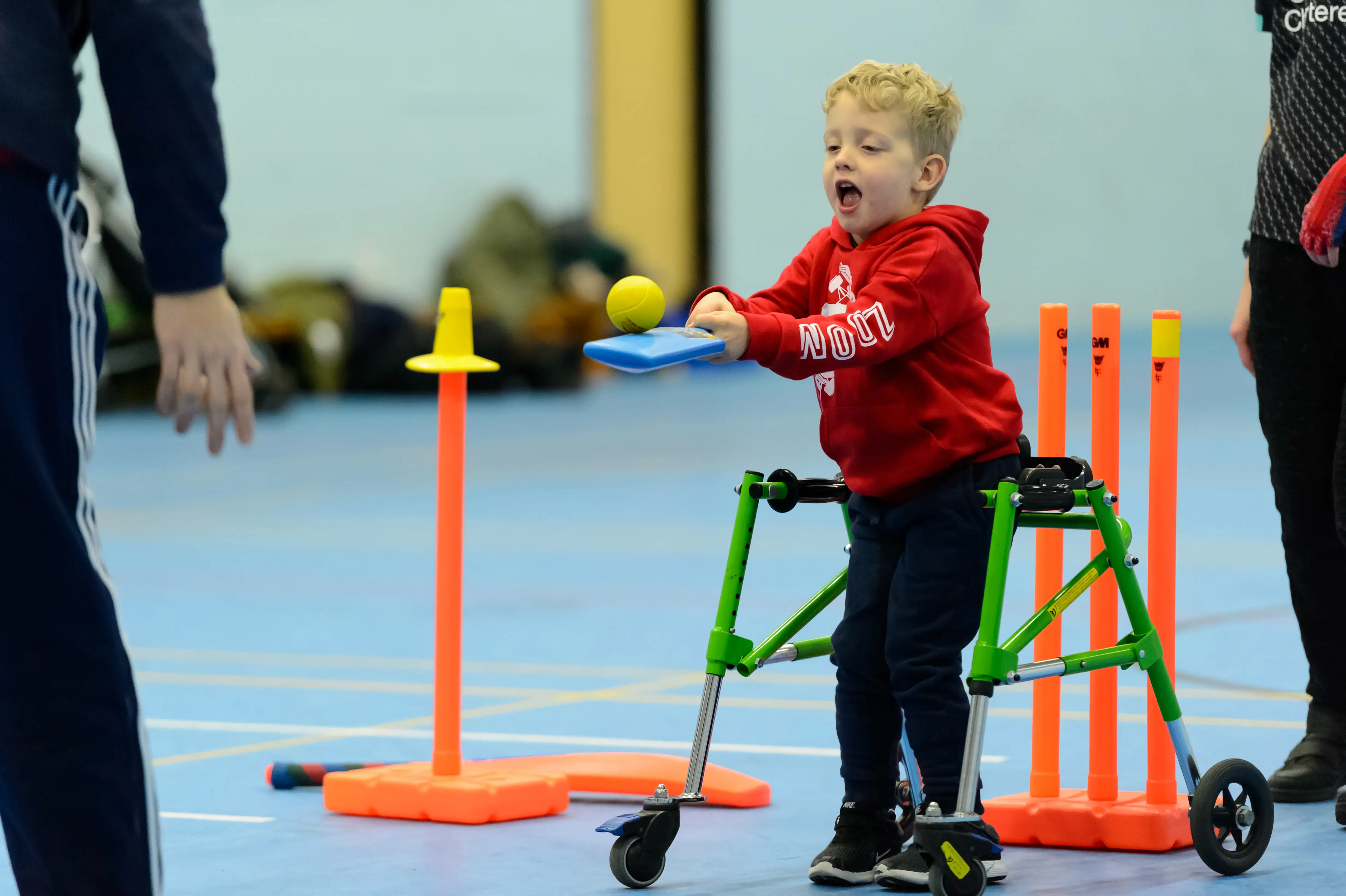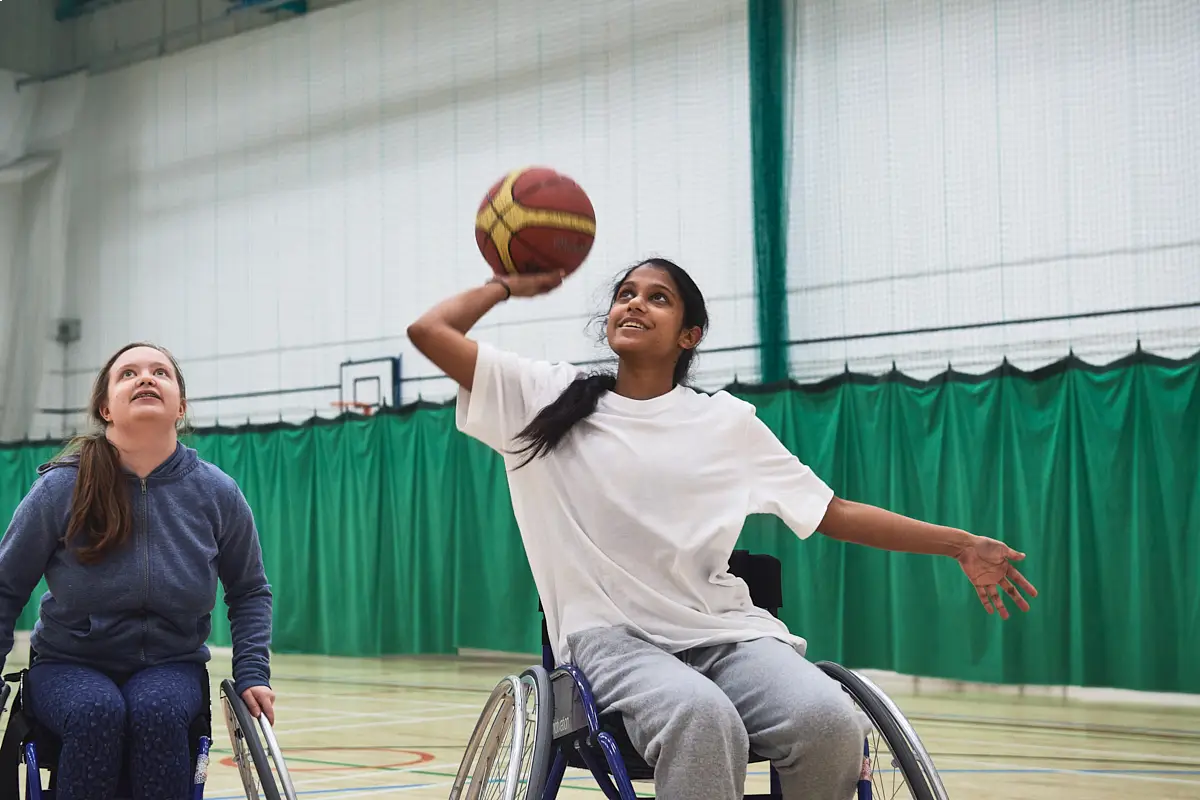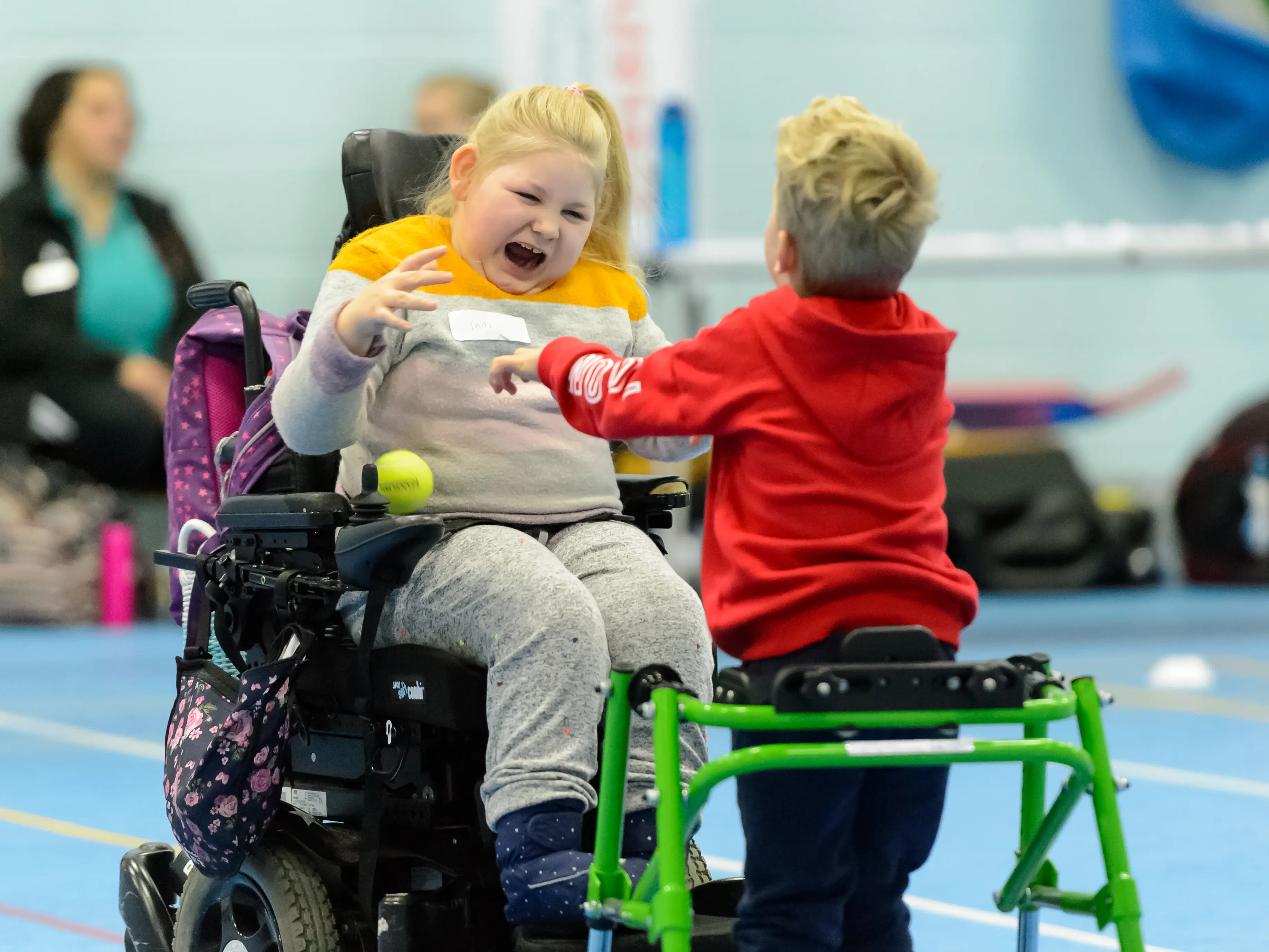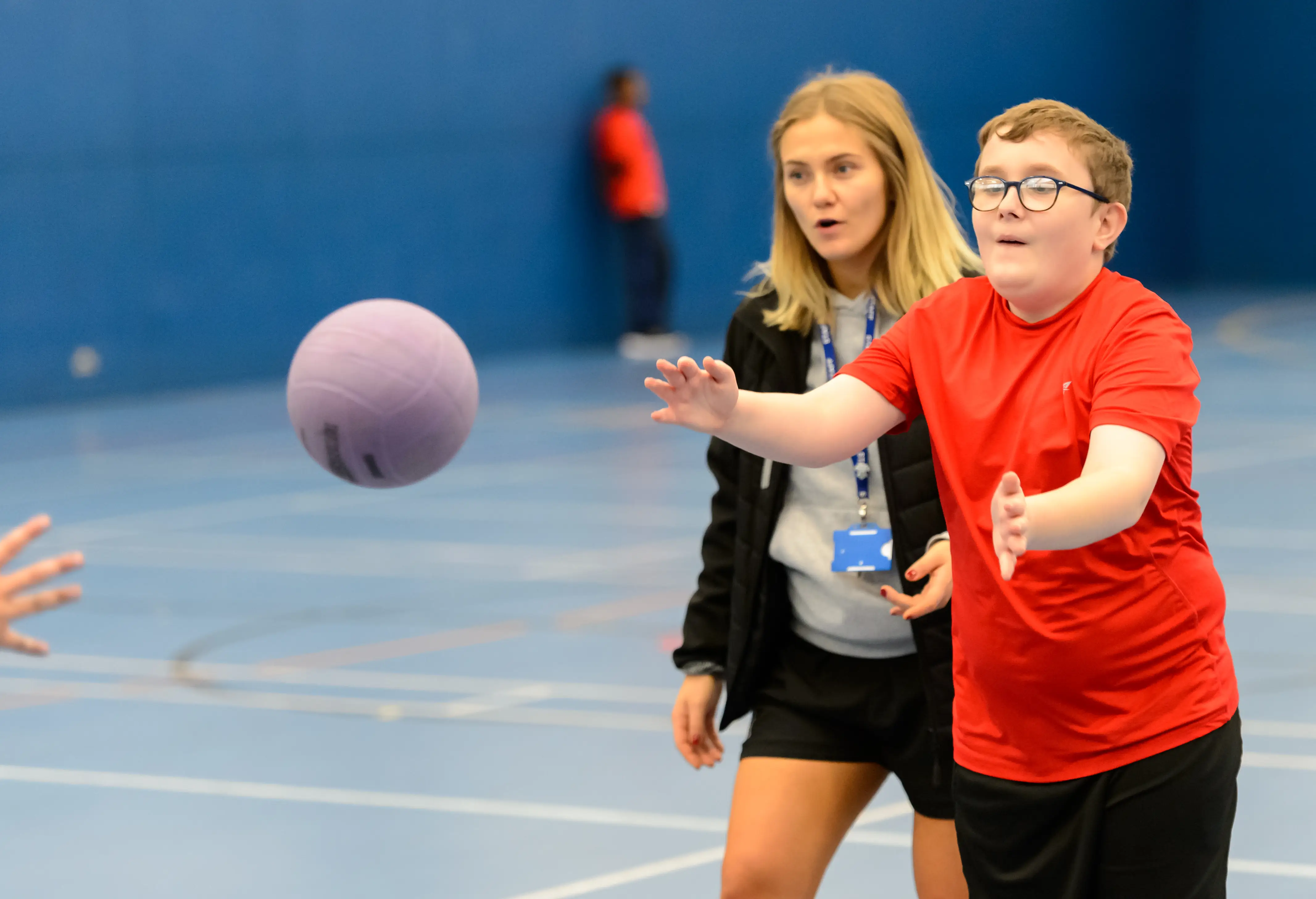Ordinarily available provision for physical and medical needs
Learn what support schools and settings are expected to provide for all children and young people.
A good school day - the Physical and Medical Needs Service
Children and young people with physical and medical needs told us what makes a good school day for them.
Supporting pupils at school with medical conditions
Find information about how schools should support pupils with medical conditions. Information from our Physical and Medical Needs Service.




